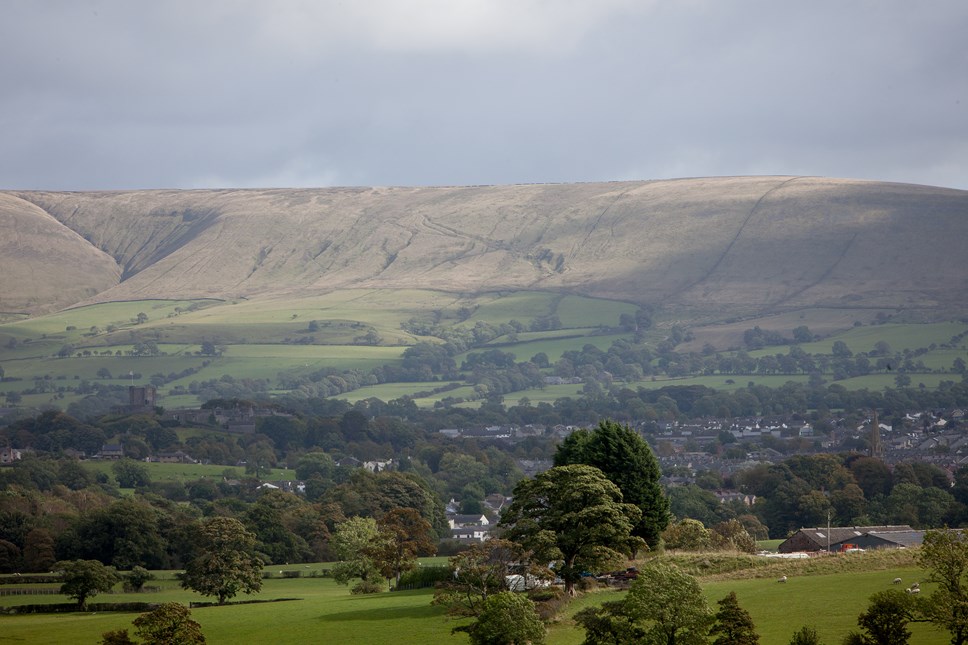
Chance to have your say about new approaches to managing flood risk
Lancashire County Council is asking people to have their say on two new 'bite-sized' documents containing policies which outline its approach to flood investigations and the regulation of ordinary watercourses.
They aim to improve transparency and clarity about two key areas of the council's work to manage the risk of flooding which could impact people and property, and to investigate when flooding does occur.
They cover the process used to decide whether the council will look into the cause of a flood incident, and how it will oversee activities which could impact the flow of certain watercourses.
As the lead local flood authority for Lancashire, the council has a role in investigating the cause of many flood incidents, and regulating activities affecting 'ordinary watercourses' – a term which refers to passages of water including streams, ditches, drains, sluices and private sewers which flow into main rivers.
The new draft policy on flood investigations is a 7-page document which sets out the council's responsibilities and approach to investigations. The draft policy on ordinary watercourse regulation runs to 14 pages - it describes the types of watercourse the council is responsible for overseeing, why they are important, and the council's approach to considering consent for changes which could affect them. It also outlines how the council may prioritise the use of its enforcement powers.
The policies are expected to be of particular interest to communities which are at risk of flooding, landowners who have responsibilities for watercourses on their property, and developers whose work could affect watercourses.
You can view the new draft documents containing the policies and have your say by completing an online questionnaire at lancashire.gov.uk/flooding/consultation by Sunday 27 August 2023 when the consultation closes.
County Councillor Shaun Turner, cabinet member for environment and climate change, said: "We know all too well the devastating impact which flooding can have on people's lives and livelihoods following a number of serious incidents in Lancashire over recent years.
"Our flood risk management team works with partner organisations, which are responsible for managing water, and communities, to understand the cause of these incidents and, where appropriate, recommend and deliver measures to better manage and, where possible, reduce the risk of flooding in future.
"It's very important that people can easily understand our role in investigating floods, what the process is, and how we apply the Flood and Water Management Act to decide whether an investigation is appropriate.
"Equally it's vital that anyone with an ordinary watercourse on their property, or anyone who is proposing activity or development which could affect one, understands their responsibilities and our responsibility to regulate them.
"These watercourses play a vital role in controlling the flow of water and the consequences of them becoming restricted or blocked could be very serious.
"We've learned a great deal since our existing policies on these matters were published in 2014, which is reflected in the clarity and brevity of these draft polices. I'm grateful for anyone who has an interest in them taking the time to offer their feedback and help us shape the final versions."
